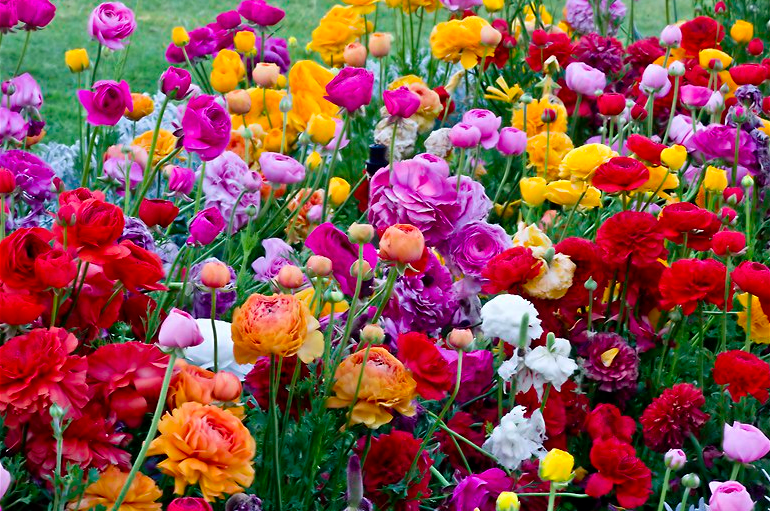
Some say you should “bloom where you’re planted.”
You can get all manner of products printed with this slogan: T-shirts, mugs, posters, and notecards.
But is that always the best advice? Maybe not. There’s something to be said for not staying in the same place for too long.
Your garden will tell you that if you plant the same type of vegetable in the same plot year after year, you’ll notice that the health of the plant and the yield it produces will begin to suffer. The plant will be attacked by more diseases and pests, and the nutrients in the soil will have been depleted by past crops of the same type.
The answer to this problem? Crop rotation.
Don’t plant the same type of vegetable or crop in the same location several years running. Mix it up; plant something new in that spot.
What about in life?
Does God intend us to stay rooted to the same location for much of our lives?
Read more





